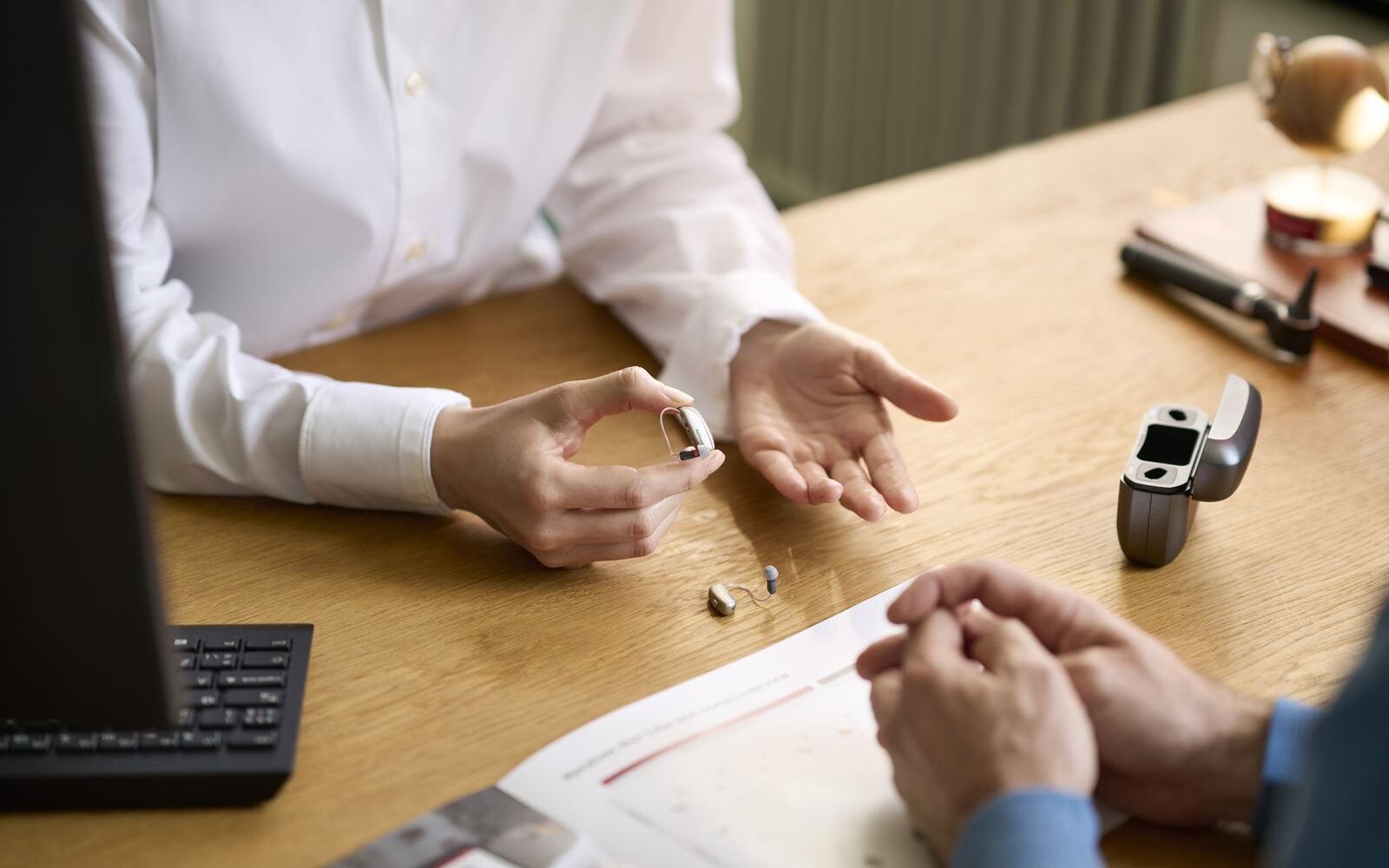Maximizing Your Hearing Aid Experience: Advanced Features You Didn’t Know About
Hearing loss can be challenging, but with the right tools and guidance, it

Hearing loss can be challenging, but with the right tools and guidance, it

Proper maintenance of your hearing aids is crucial to ensure they function

Watching television is a cherished pastime for many, offering